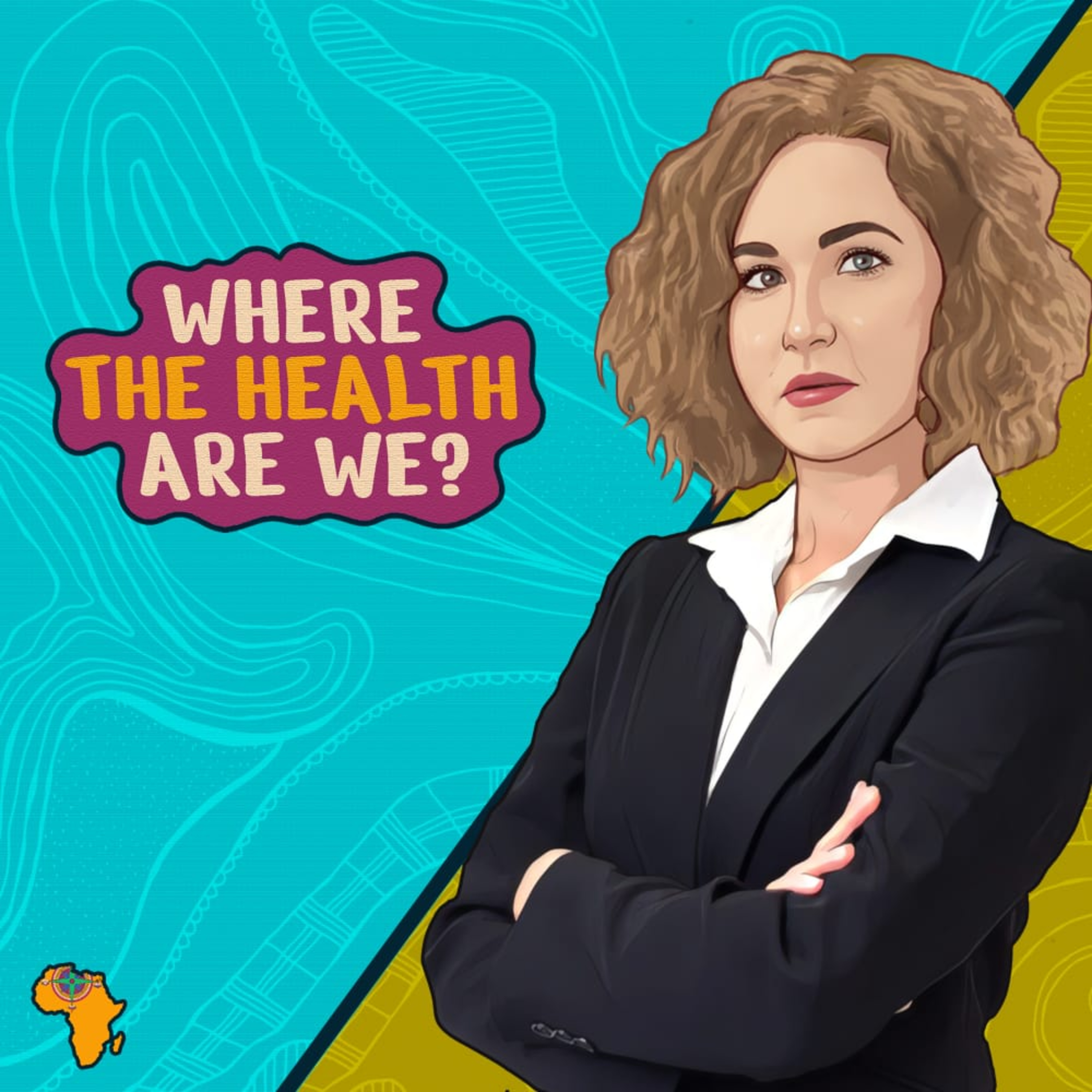COVID-19 Vaccine Financing
- Author
- Kampé Health Studios
- Published
- Fri 25 Feb 2022
- Episode Link
- https://podcasters.spotify.com/pod/show/wthaw-pod/episodes/COVID-19-Vaccine-Financing-e1etoac
It’s no secret that vaccinating a large number of people will require a lot of money. In fact, it has been estimated that sub-Saharan Africa alone would require $10.3 billion to get 60% of people vaccinated by this year, 2022. The problem is that many countries have strong fiscal constraints created through years of debt accumulation and relatively low gross domestic products. Not to mention the fact that on average, only 7% of African domestic government spending in 2019 was devoted to healthcare, compared to the 14% among the high-income countries of the world. So you see how it could have a problem when the pandemic emerged and African governments had to suddenly deal with the economic impacts of the pandemic and the subsequent vaccination demands. Nevertheless, some vaccination has happened on the continent and is still happening, which means that funds were made available somehow. But how? What sources of funding have African countries turned to? In what ways can the continent ensure sustainable vaccine financing in the future?
Guest: Danielle Serebro, Acting Programme Manager at the Collaborative Africa Budget Reform Initiative.
In this episode we discussed several key points including:
- (3:50) Costing uncertainties when it comes to vaccine financing
- (5:35) The budgetary responses of African government
- (7:39) External sources of funding
- (8:17) The nature of the African Vaccine Acquisition Trust
- (8:59) Debt-related instruments as sources of financing
- (10:14) Domestic sources of funding
- (16:32) How African countries can finance vaccine manufacturing projects
- (19:37) The role of the private sector in vaccine financing
Mentioned in this episode:
- COVID 19: Debt Service Suspension Initiative
- Costs and predicted financing gap to deliver COVID-19 vaccines in 133 low- and middle-income countries
- Key tool to aid Africa’s COVID-19 vaccine financing
- COVID-19 African Vaccine Acquisition Task Team
Useful resources:
